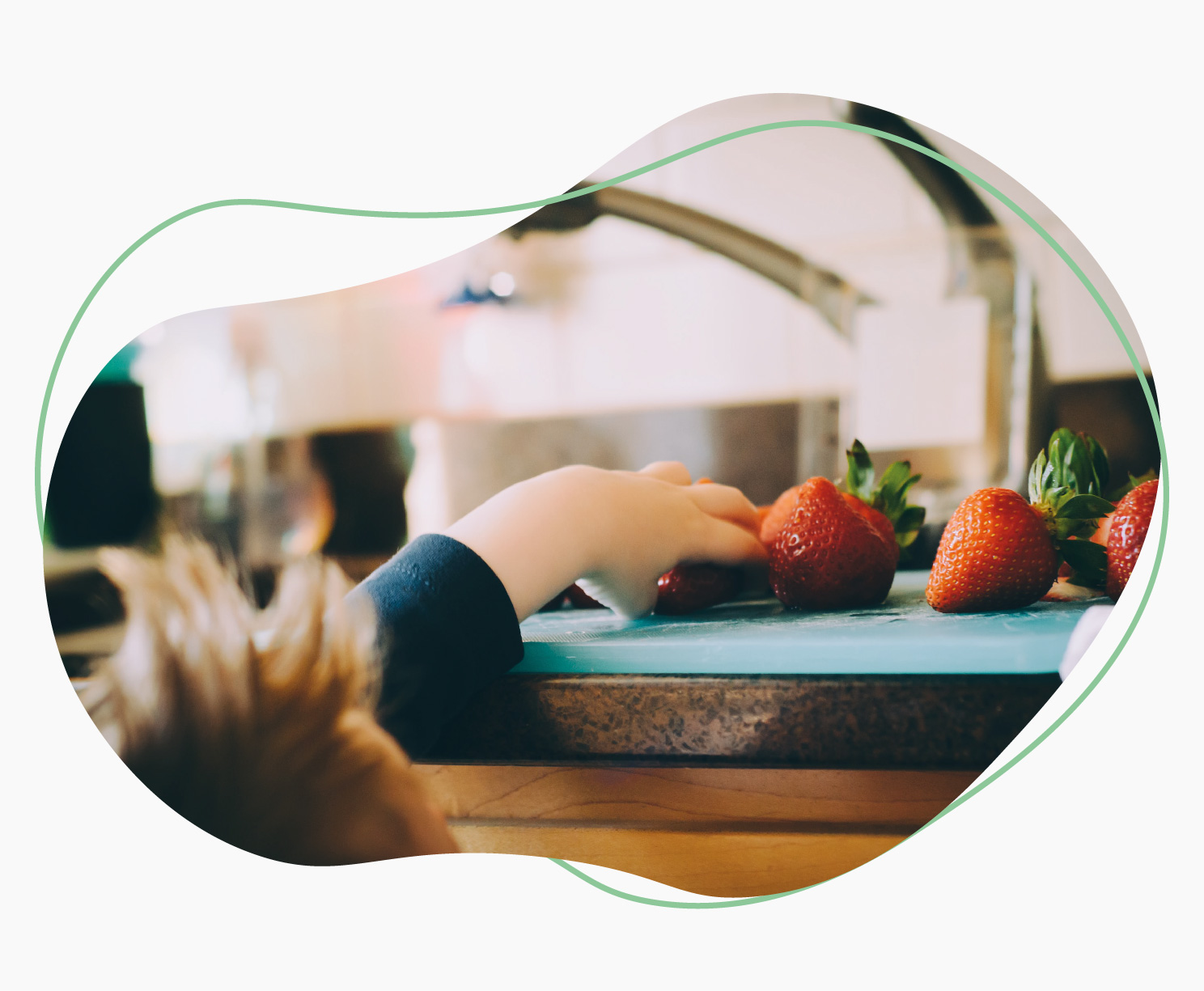Learn more about
the Kannerdreem
method
Learn more about
the Kannerdreem
methode

Awakening through play
The Kannerdreem nursery wishes that each child evolves in an environment thought for him. They must be free to move around, free in their choice of activities, encouraged in their initiatives and in their search for independence. The environment is designed as an invitation to learn and the educator as a mediator and a secure attachment figure for the child.
We offer the children professional quality play material, varied and responding to the desires and needs of the children, as well as to the regulatory obligations, in particular to propose an offer of games and activities corresponding to the 6 fields of action:
- Emotions and social relations,
- Values, participation and democracy,
- Languages, communication and media,
- Aesthetics, creativity and art,
- Movement, body awareness and health,
- Natural sciences and techniques.
In order to complete the offer available to the child in terms of materials and games, the team enriches the learning environment on the basis of themes defined and elaborated with the children and their families, according to their desires, their needs, and the opportunities of everyday life such as the seasons, festivals, local events (exhibitions, markets, shows, etc.).
The themes allow to orient the proposal of directed activities, games and activities specifically elaborated by the referring professionals, the decoration and the adaptation of the rooms and the general environment of the nursery, to target the intervention of external partners (such as counters, musicians, etc.) as well as the outings and the children’s literature proposed in free access in the reading space.
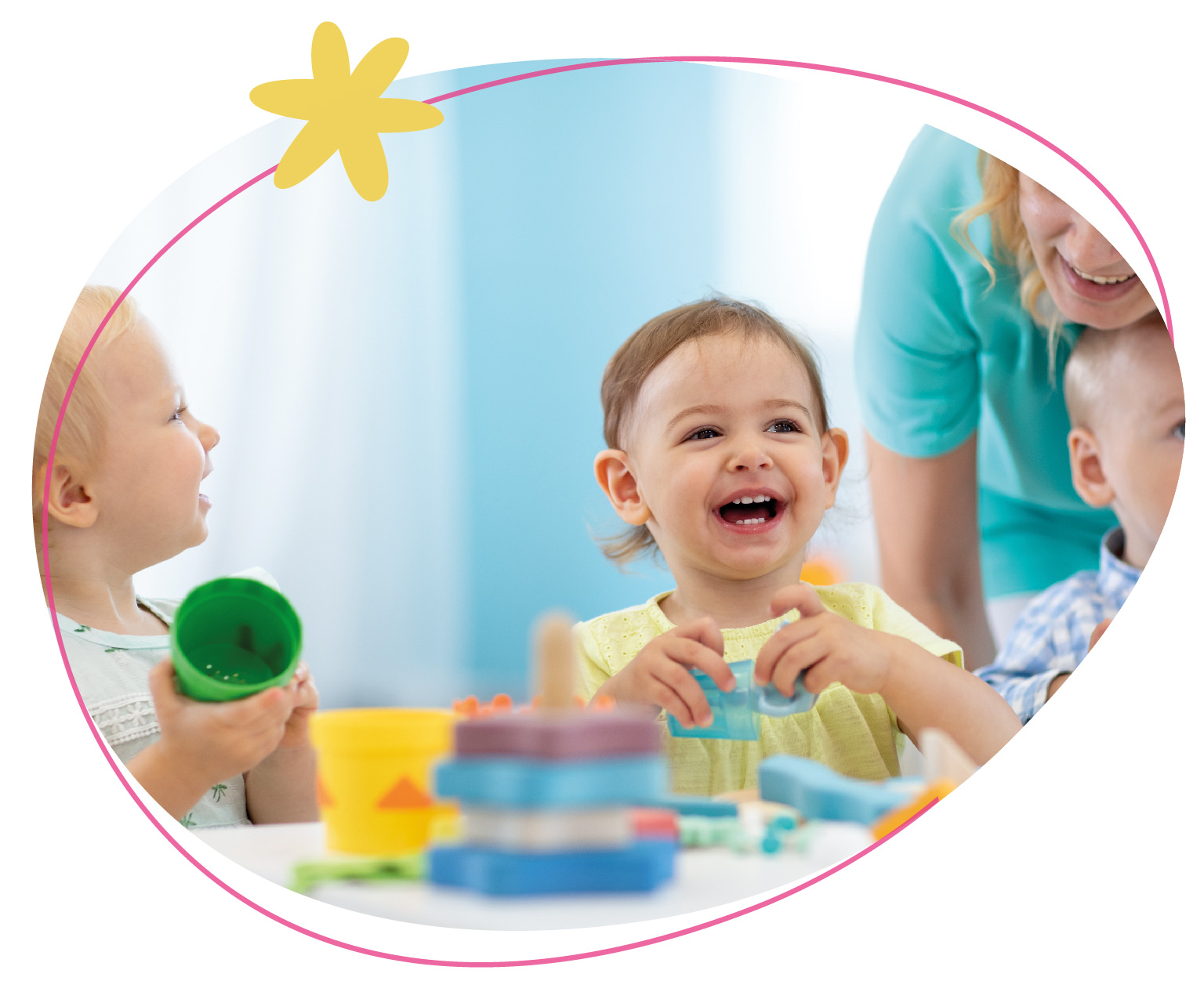
We try to regularly renew the atmosphere and the environment in order to always create curiosity, wonder and the desire in the child to discover what surrounds him. However, we always respect certain points of reference and rituals in order to maintain a safe space around the child, such as coat hooks, lockers, arrangement of materials (puzzle shelf, reading corner, imitation and disguise corner, drawing and painting area, etc.), grouping time, meal times and quiet time, rhythm of the day, etc.
In order to ensure that the child always has at his disposal a range of games and activities adapted to his age, his needs, his abilities and his desires, we are committed to ensuring the diversity of the material, to creating new activities ourselves, and to continuously reflecting on the means available to the child to be able to enjoy and benefit from a rich and stimulating daily life.


An adaptation in partnership with the parents
We consider that the period of familiarization begins with the first visit to the nursery. This is why we attach particular importance to these visits, which are conducted by the Director. At the time of signing the contract, the parent will choose the referent of his/her child. It is this referent who will accompany the familiarization period. The priority during this period is the well-being and emotional security of the child.
Before the child is welcomed, the referent, accompanied by the Director, will contact the parents in order to collect their wishes and to plan the first week of welcome.
Parents are invited to tell us everything they know about their child. We consider the parents as resource persons, essential for a good reception of the child. These exchanges allow us to take care of the child as accurately as possible and as closely as possible to his/her rhythm, habits and needs. They are formalized in the child’s follow-up booklet throughout the first week of care.
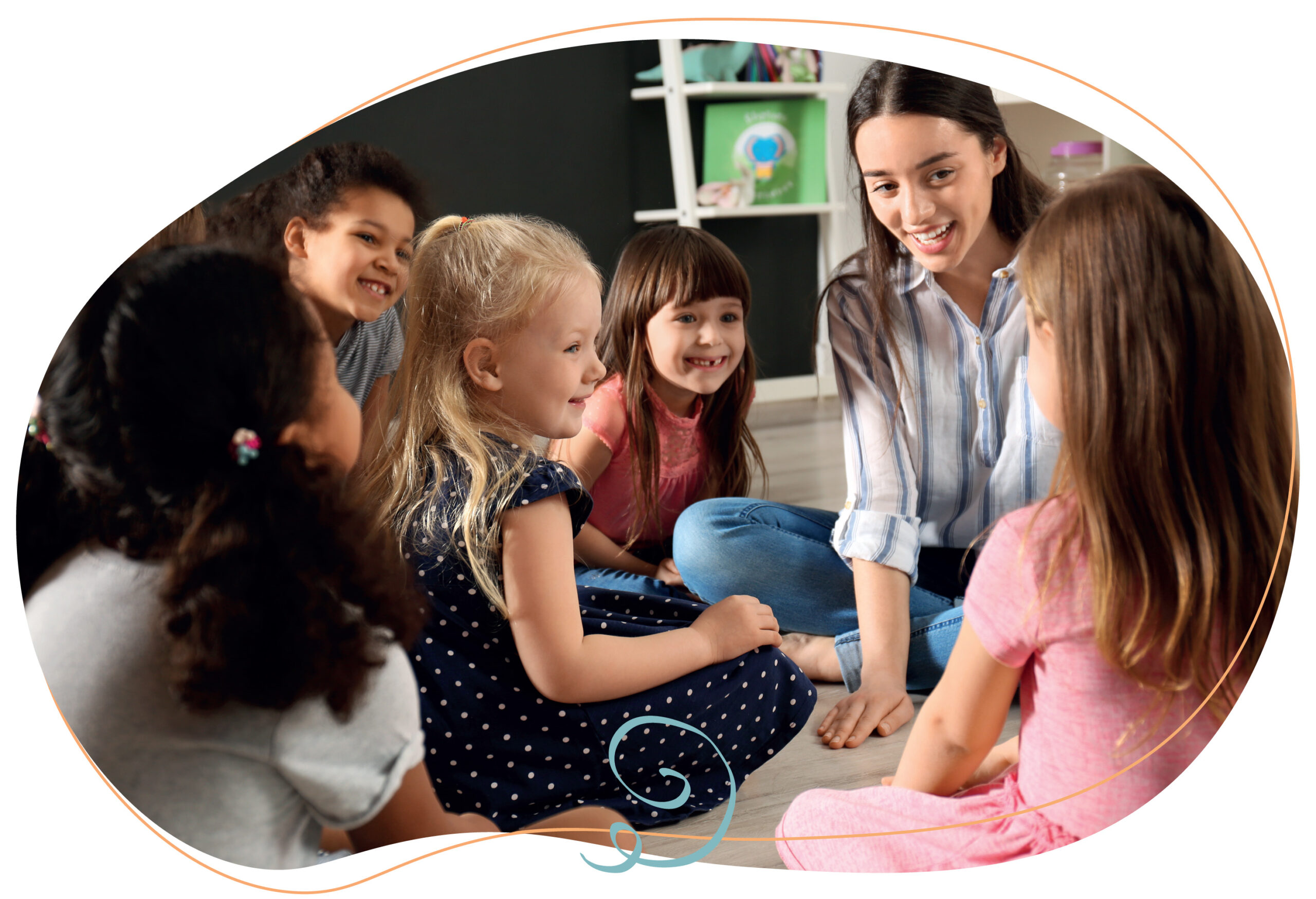

An adaptation in partnership with the parents
We consider that the period of familiarization begins with the first visit to the nursery. This is why we attach particular importance to these visits, which are conducted by the Director. At the time of signing the contract, the parent will choose the referent of his/her child. It is this referent who will accompany the familiarization period. The priority during this period is the well-being and emotional security of the child.
Before the child is welcomed, the referent, accompanied by the Director, will contact the parents in order to collect their wishes and to plan the first week of welcome.
Parents are invited to tell us everything they know about their child. We consider the parents as resource persons, essential for a good reception of the child. These exchanges allow us to take care of the child as accurately as possible and as closely as possible to his/her rhythm, habits and needs. They are formalized in the child’s follow-up booklet throughout the first week of care.
The typical week
The adaptation generally takes place over one to two weeks according to specific steps that will be modified and readapted for each child according to his reactions.
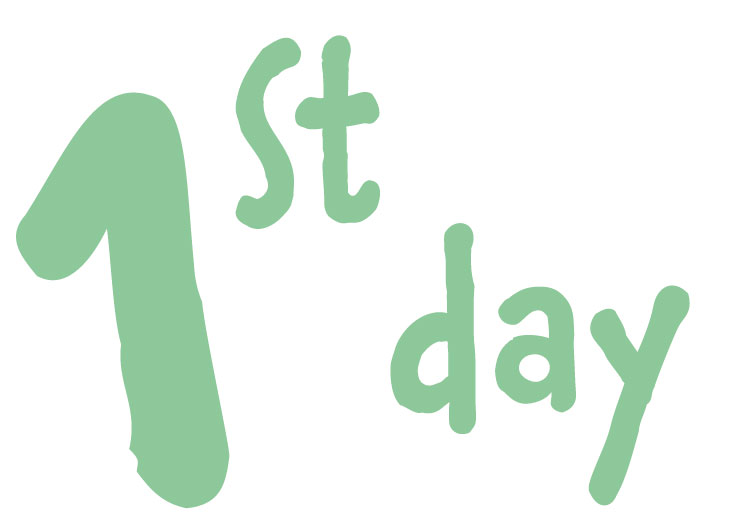
The child spends one hour in the group, accompanied by his/her parent. We prefer to welcome the child at a quieter time, for example at 9:30 am, outside of reception, departure and meal times. This stage can sometimes take up to 3 days.
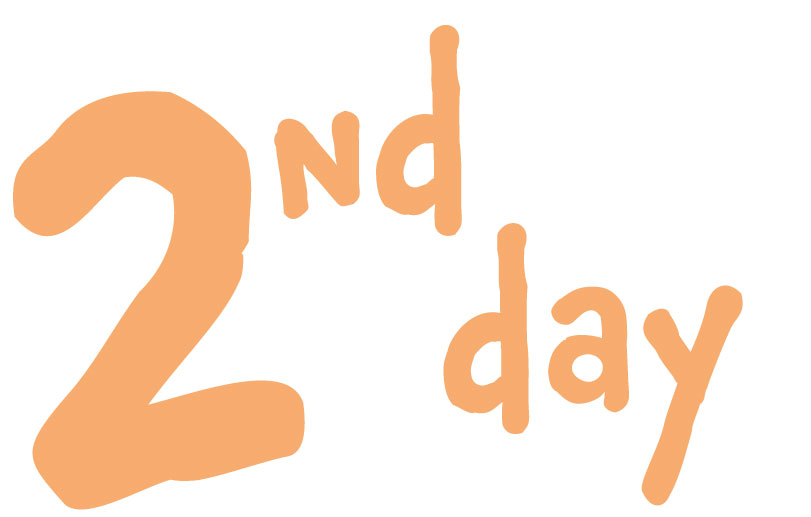
The child spends another hour on the group but the parent will only stay with the child for 15 to 20 minutes.
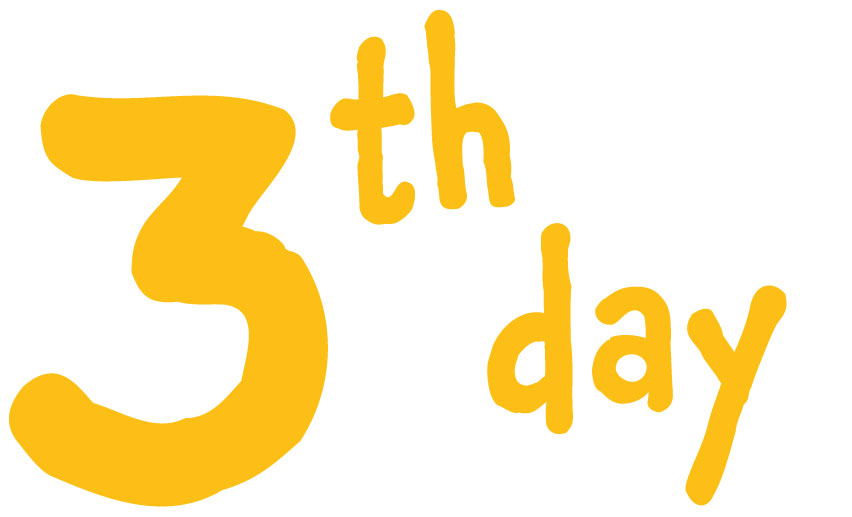
We increase the time of presence, from 9am to 12pm for example. The child will be able to participate in the group activities and share the meal with his new friends.
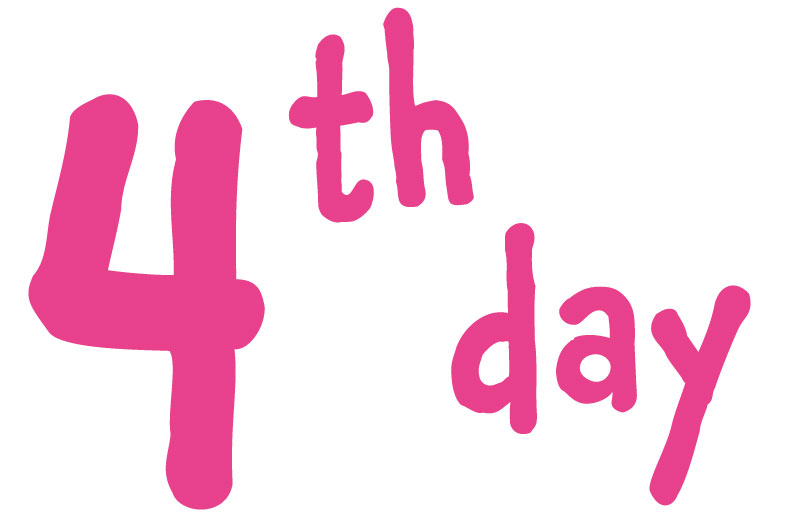
We further increase the attendance time by offering the parent to leave the child for a nap time.
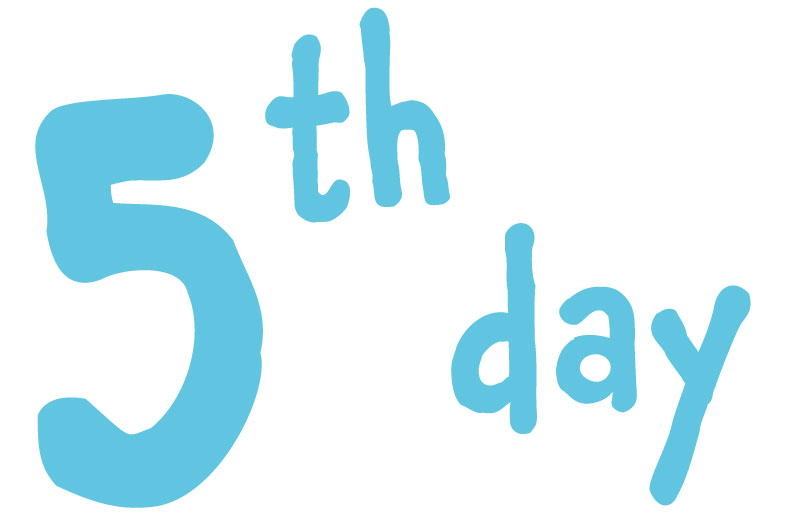
We suggest that the child has a full day but not too long, about 6 hours. We inform the parents that we will call them to pick up the child if the need arises.

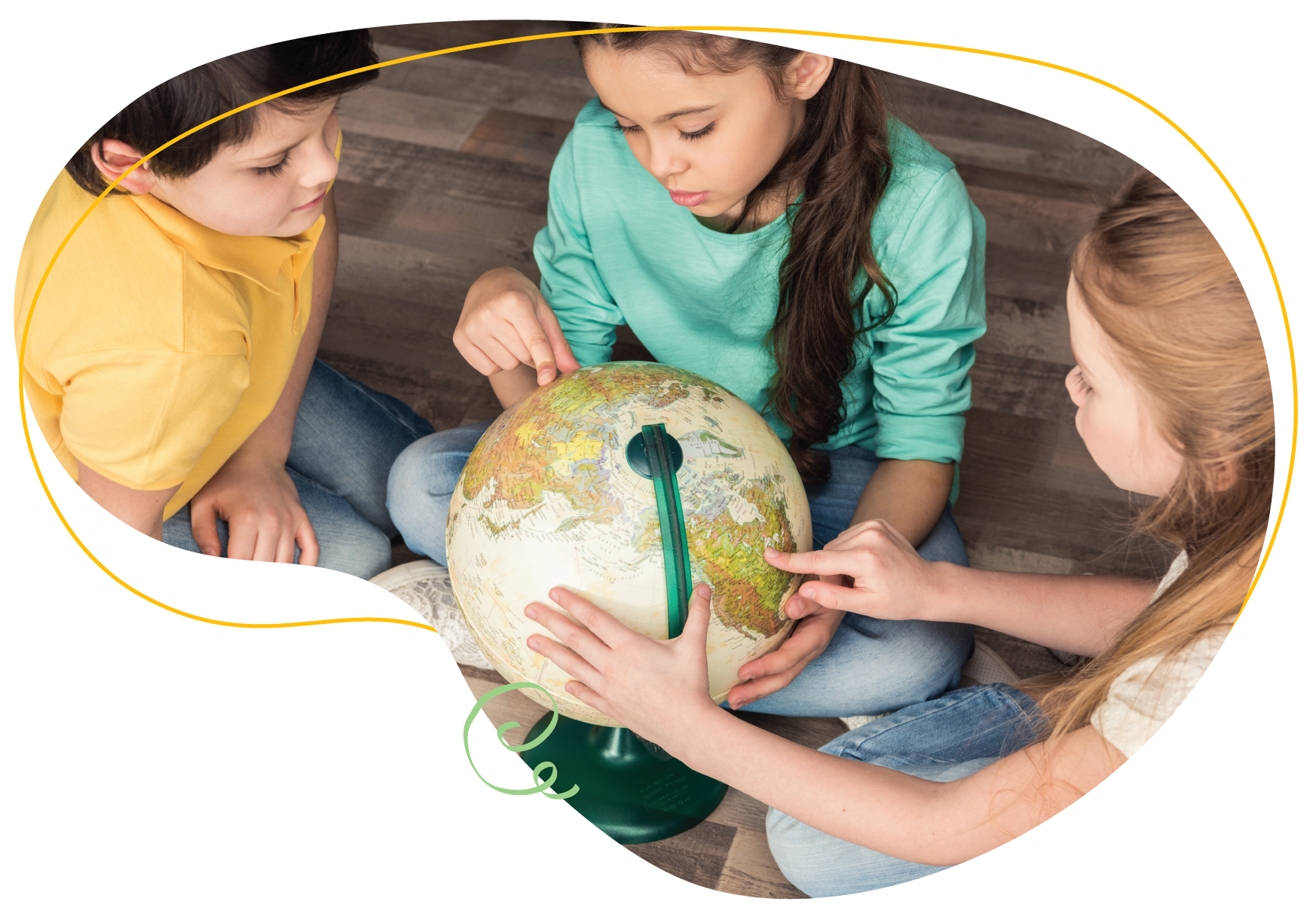
The multilingualism
As far as language learning is concerned, the two vehicular languages are French and English
with the integration by the Luxembourgish
language referent of exchanges during certain daily activities (changing, meals, gatherings, etc.) in Luxembourgish. The apprehension and natural learning of these languages by immersion and assimilation in his environment will allow the child to prepare himself for the integration of the school chosen by his parents, whatever it may be (Luxembourg national school, international school, European school, English school, French school).
The expectations and needs of the families that we have been informed of mainly concern an openness and an approach for the children to Lëtzebuergësch, French and English. These expectations are linked to a desire for families, who do not yet have a precise definition of their child’s schooling, to allow him or her, at the end of their stay in the crèche, to have the choice between a Luxembourg public school or a French, European or international private school. In this respect, we give priority in the composition of our teams to a variety of linguistic skills. Moreover, we also see this as an opportunity to create a strong relationship with parents who are also looking for people who are comfortable expressing themselves and understanding one of their languages of comfort.

